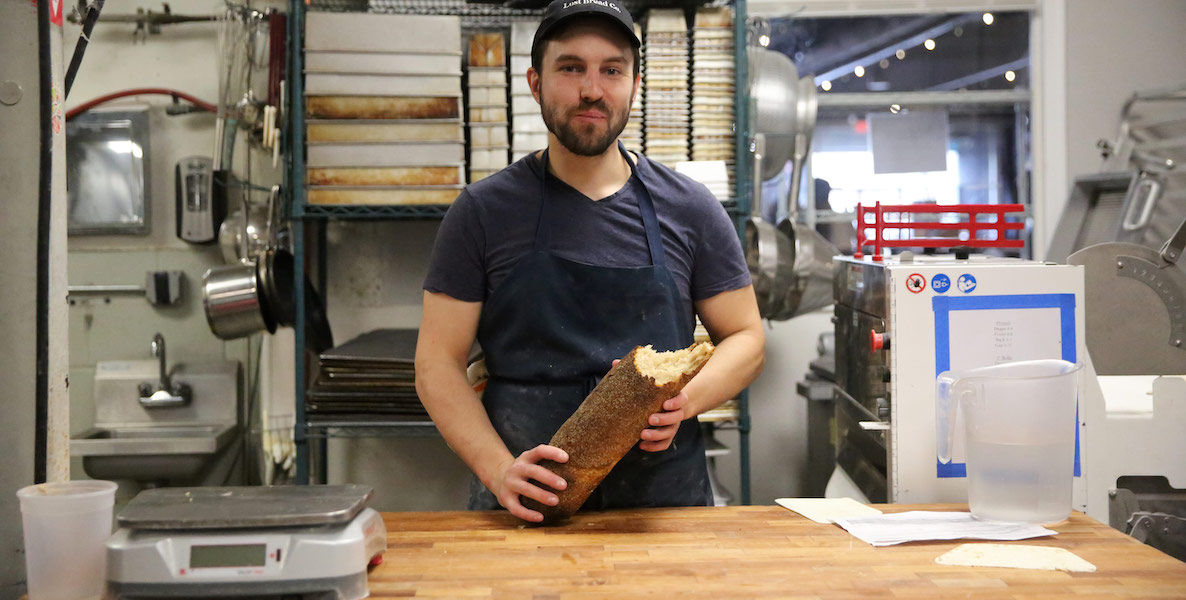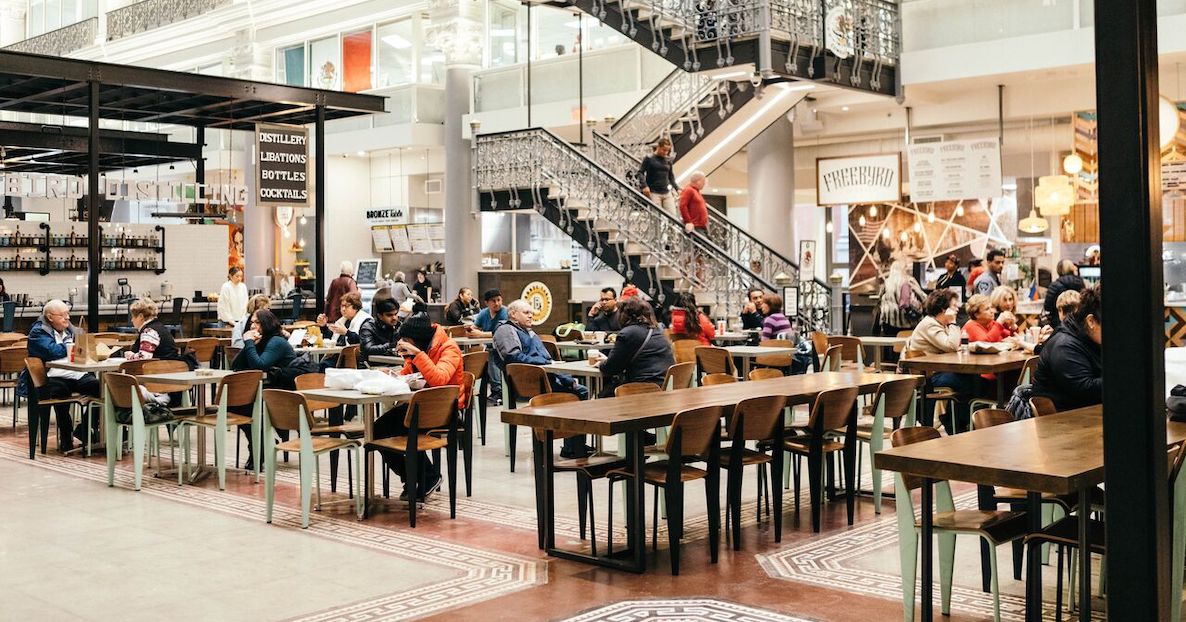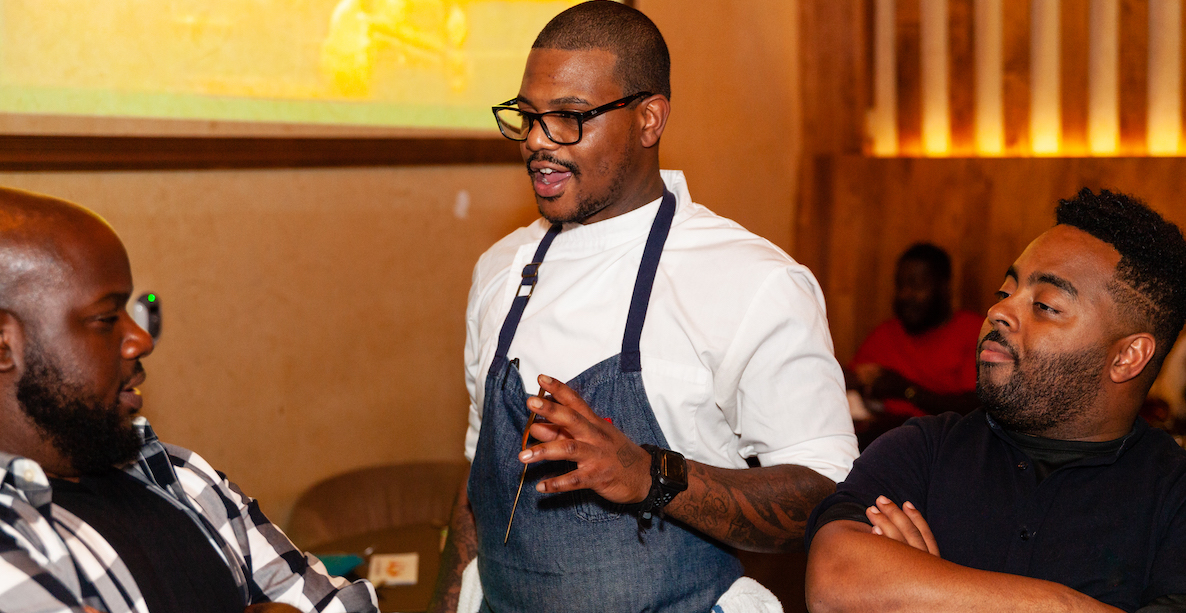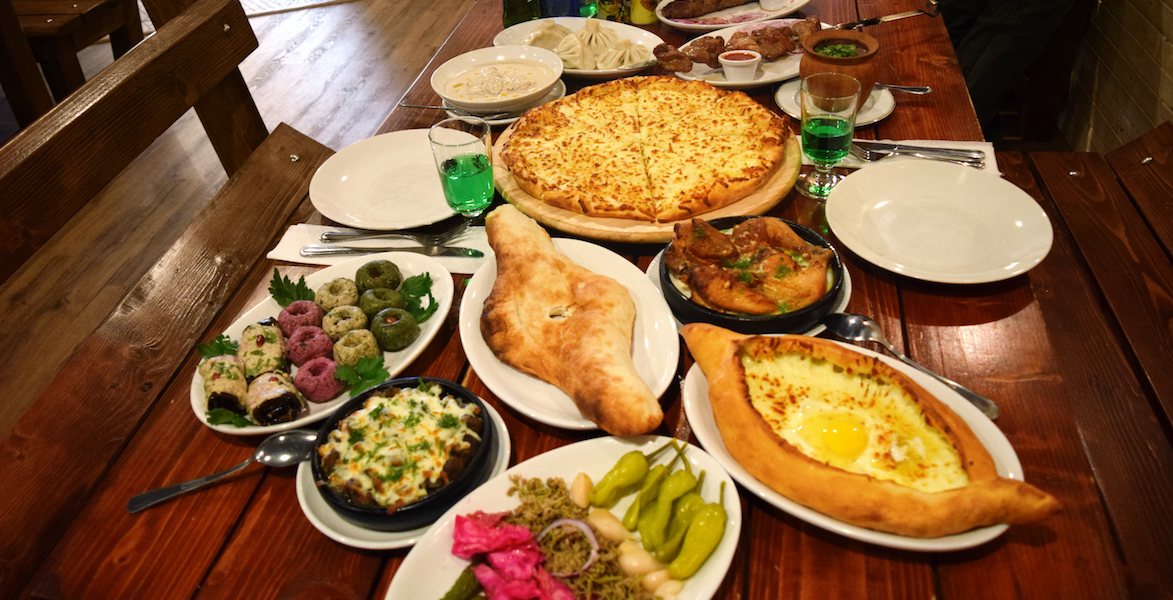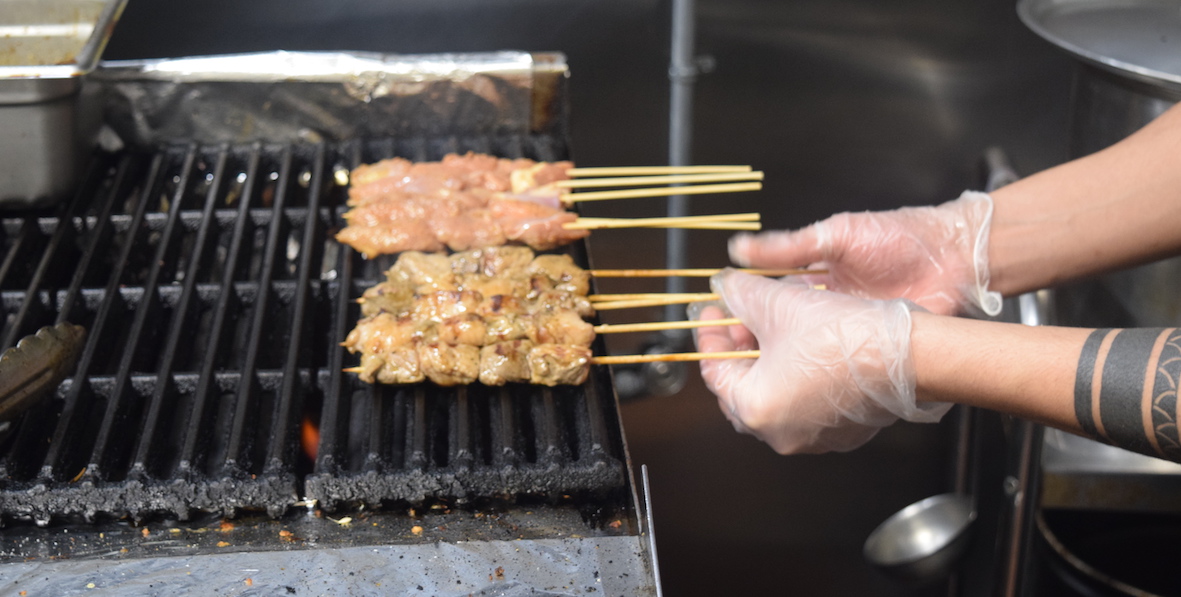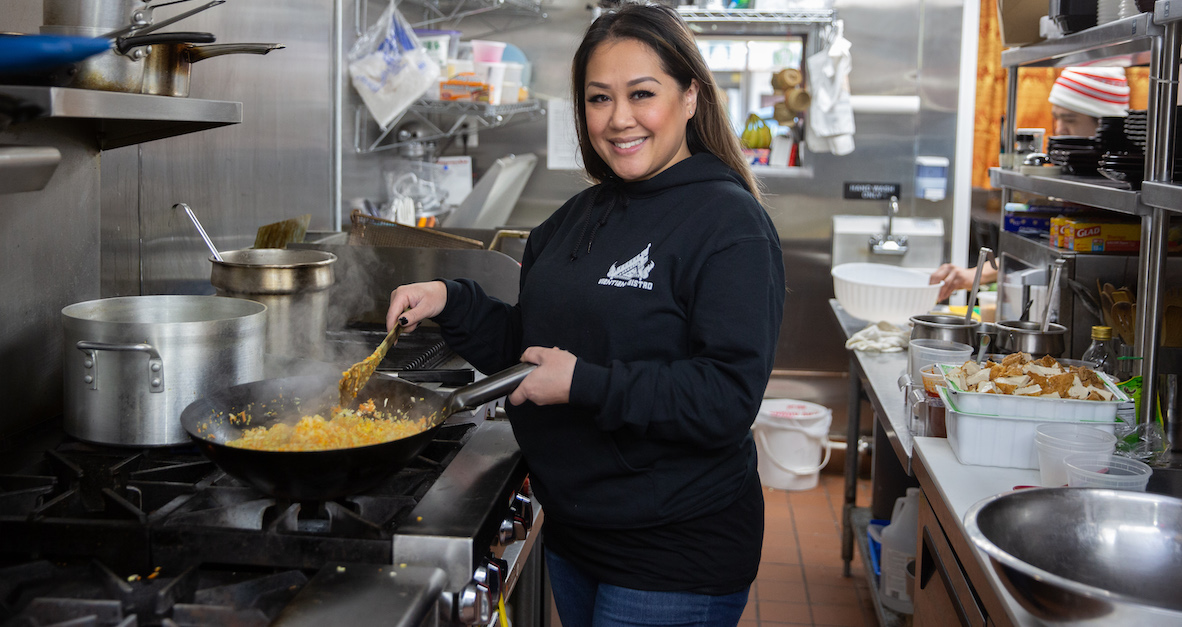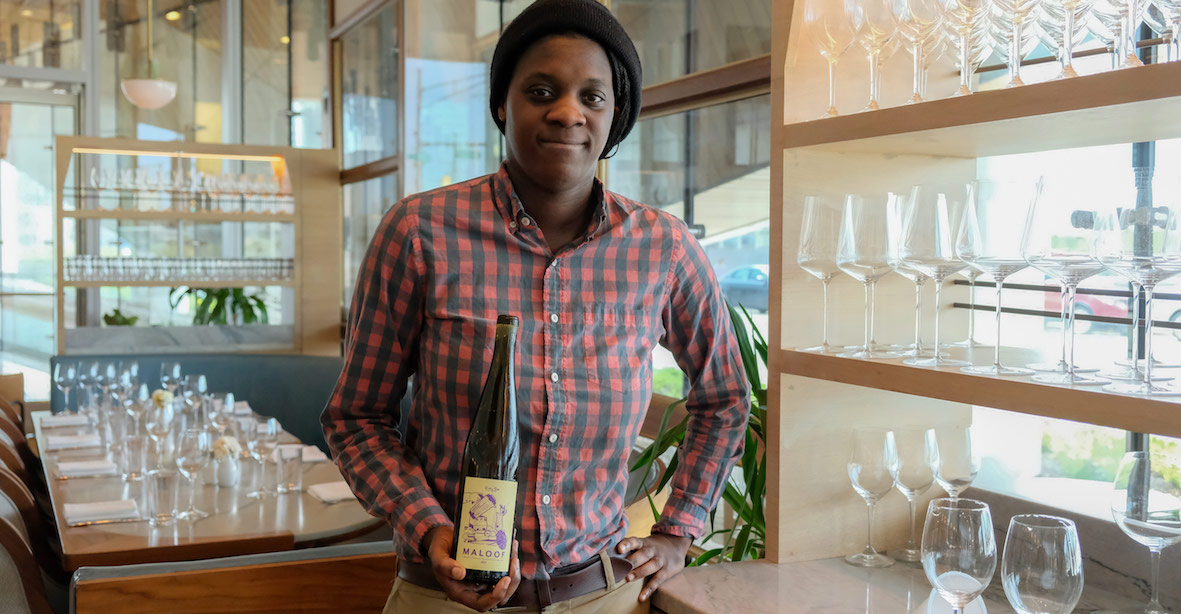The world of wine has not been, historically, the best place to look for social consciousness, diversity, or ethics. That’s not to say that wine is any more lacking in these virtues than any other corner of society. But with the age-old stereotype of the rich wine snob, wine is particularly easy to dismiss as hopelessly unenlightened. There’s a reason, after all, that one of the most talked-about pieces of wine writing last year, by Jon Bonné in Punch, was titled “Why Is the Wine World So Un-Woke?”
And yet, the nation’s buzziest beverage trend—or movement, depending on who you speak with—is undoubtedly the rise of so-called natural wines. Philadelphia was a little late to the trend (or movement), but just look at how the city’s wine lists have changed over the past few years. Now, you’ll be hard-pressed to find a popular bar or restaurant without at least a few funky, fizzy, cloudy, or earthy wines with cool labels and catchy names. Case in point is the most anticipated recent restaurant opening of the spring, Pizzeria Beddia’s reincarnation in Fishtown, which owner Joe Beddia calls “a sit-down pizzeria with natural wine.” Beddia recently told Grid Magazine: “Everyone cares where their food comes from, but wine’s another thing … What’s in your glass? You probably couldn’t say what’s in there.”
By now, we’re keenly aware of food movements like farm-to-table, of sourcing produce sustainably and locally, and the push to support restaurants and companies that pay a living wage and work for social justice. But is drinking an organic, skin-fermented, unfiltered, unsulfured wine, made from a lesser-known grape, part of that movement to change the world? Yes and no. Maybe. It’s a stickier question.
“You can definitely say that natural wines have a place in that movement. It’s the same way we think about food, about what we put into our bodies,” says Etinosa Emokpae, head sommelier at Walnut Street Cafe, which has one of the city’s best wine lists, and a wide selection of natural wines. “I don’t want to say, ‘If you don’t drink natural wines, you’re a terrible person,’” Emokpae says, with a laugh. “But if you have in mind how to take better care of the planet when you drink wine, that’s definitely not a bad thing.”
“Natural wine has made wine more accessible to more people. Not just dudes in suits drinking big red wines in a steakhouse,” says Tim Kweeder.
“Natural wine” is, naturally, a fairly vague (and charged) term, but it basically encompasses a number of approaches to grape growing and winemaking. On a basic level, it means the grapes are grown using organic farming practices in low-yield vineyards, handpicked, and then allowed to undergo “spontaneous” fermentation, with wild yeasts present on the grape skins. It’s often a matter of what’s not added. Most “unnatural” commercial wines—particularly many of the mass-market bargain bottles under $10—are full of synthetic compounds and chemicals. More than 60 additives can legally be added to wine before it’s bottled. But the natural winemaker adds nothing (or almost nothing) and removes nothing (or almost nothing). Above all, natural winemakers are exceedingly transparent about their choices, often printing technical lists of winemaking decisions on labels and websites.
“It always starts at the level of farming,” Emokpae says. “You have producers that are caring about their land, thinking about what’s better for their land.”
![]()
An even larger question is one of climate change and biodiversity. For some time now, I’ve been arguing that people should drink more weird and obscure wines. For years, the global wine industry had been devolving toward a monoculture, with local, indigenous grape varieties ripped out in favor of more immediately profitable, mass-market types—such as chardonnay, pinot noir, and cabernet sauvignon. There are 1,368 known wine grape varieties, but nearly 80 percent of the world’s wine is made from just 20 kinds of grapes. Many of the rest face extinction. It’s probably not a surprise that the kind of winemakers who grow obscure grapes are often the same ones who are committed to organic farming, hand harvesting and natural winemaking techniques.
It’s why Emokpae stocks her wine list with lesser-known grapes such as müller-thurgau, tannat, and listan negro. “What grapes grow the best and where? It’s not like you can just grow pinot noir or chardonnay everywhere,” she says. “People are starting to understand that farmers have to make decisions based on climate change. It’s just an environmental reality.”
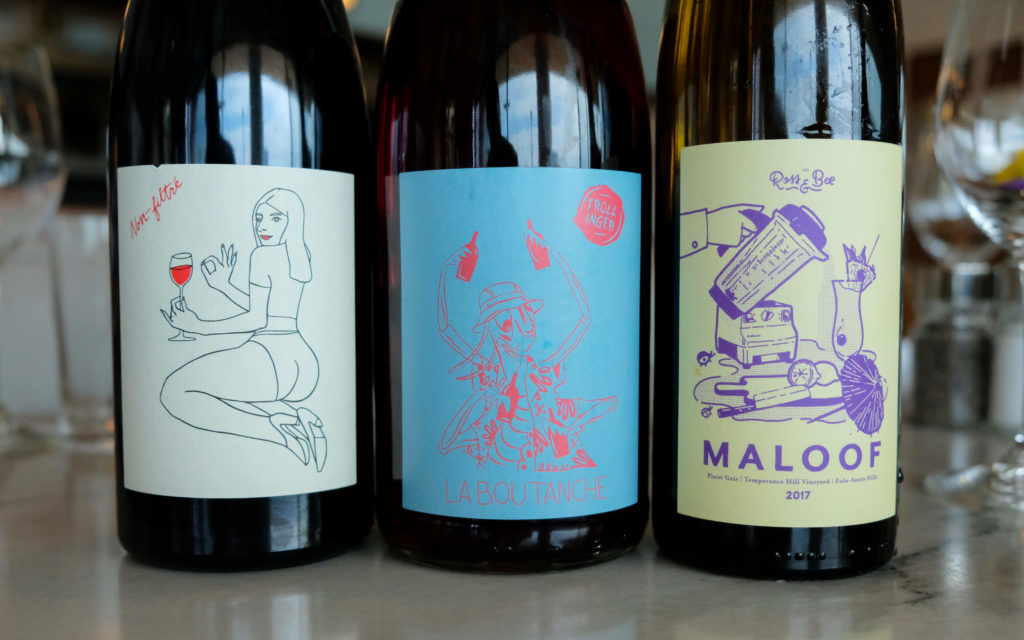
Still, the definition of “natural” is hotly debated. Some natural winemakers eschew adding sulfur, which means they bottle wine cloudy with sediment. Some winemakers age the wine in concrete tanks, or even clay amphora, instead of wood barrels. Some leave white wine on its skins, creating the orange wines that have gained popularity over the past decade. What all agree on is that the producer should use “minimal intervention” when making wine. This can be taken to an extreme: An acclaimed Austrian natural winemaker once told me he planned to stop tasting his wines before bottling them, because he felt even his own human taste was an intervention on nature’s will.
![]()
Unsurprisingly, natural wine has faced hostility from the established wine community. Many top critics and sommeliers dismiss many natural wines as “flawed”—which is what the establishment always does. The music establishment said the same thing about jazz, Elvis, punk, grunge, and hip hop when each came on the scene. But just sample some of the natural wines poured at Walnut Street Cafe, such as the light-bodied trollinger from Germany or the serious carignan from Mendocino, California—both easy-drinking and serious, a contrast of bright, fresh fruit flavors, and more complex notes and structure—and you’ll see what next-generation deliciousness tastes like.
Is drinking an organic, skin-fermented, unfiltered, unsulfured wine, made from a lesser-known grape, part of that movement to change the world? Yes and no. Maybe.
A more nuanced and astute argument against the natural wine movement is that it’s too niche, insidery, and hipster-focused. Plenty of the most prestigious European wines would certainly qualify as “natural.” For centuries, they’ve been organically farmed, handpicked, wild fermented, and bottled with almost zero intervention. But how could, say, an old-school Rhine riesling—with a staid, old-fashioned label full of scripty German words and an unpronounceable umlauted name—compete with a blend of pinot gris and riesling from Oregon called “Where Ya Pajamas At?” with a cool cartoon label (a terrific wine, by the way, from former Philly residents Ross and Bee Maloof). Take a wild guess which wine younger, less experienced consumers are going to order.
![]()
“Natural wine has made wine more accessible to more people. Not just dudes in suits drinking big red wines in a steakhouse,” says Tim Kweeder, who has extolled the virtues of natural wine for years at a.kitchen, Kensington Quarters, and now as the general manager of the soon-to-open Bloomsday Cafe, a new all-day café and natural wine bar in Society Hill. “Natural wine has been slowly on the rise worldwide for 20 years,” Kweeder says. “But lately, finally, it’s become more of a buzzword in Philadelphia.”
It’s generated so much buzz that even the Pennsylvania Liquor Control Board has taken notice. At the Fine Wine & Good Spirits store at 11th and Chestnut, wine specialist Max Gottesfeld has added several display shelves dedicated to natural wines in just the past month. “There’s massive growth in natural wines,” Gottesfeld says. “The growth is almost as big as the growth in rosé over the past few years.”
This is not to say that Gottesfeld hasn’t been stocking and promoting natural wines for the better part of a decade. But, until recently, they were obscurely shelved under “organic wines.” Gottesfeld finds himself now fielding questions on natural wines from customers who, before now, had only drank mass-market chardonnay. He says, “They come in and say, ‘I read about orange wines, do you have any?’” In response, he’s written new shelf talkers that give a sort of crash course to customers in Natural Wine 101.
The only downside? The supply of natural wines is still relatively small.
“It’s hard to get these wines anymore,” Gottesfeld says. “They’ve just become so popular.”
Jason Wilson is The Citizen’s 2019 Jeremy Nowak Fellow, funded by Spring Point Partners, in honor of our late chairman Jeremy Nowak. He is the author of three books, including most recently Godforsaken Grapes, series editor of The Best American Travel Writing, and writes for the Washington Post, New York Times, New Yorker and many other publications.
Photo by Anthony Pezzotti


